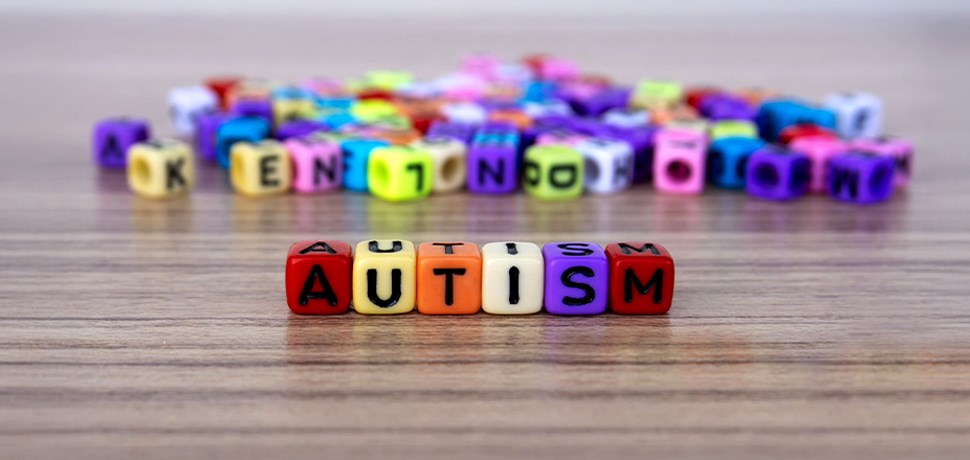“It’s the small wins — the things most people wouldn’t even notice — that mean the most,” says Seitebogeng Kgarume, a consultant at Sasfin Health Consulting, reflecting on the journey of raising her autistic daughter. “Learning a new skill. Communicating in her own way. Overcoming sensory challenges. Those are our daily triumphs.”
April is Autism Awareness Month, and World Autism Awareness Day is marked globally on 2 April. It's a time to celebrate neurodiversity, champion inclusion, and most importantly, listen to the voices of families living this reality every day.
According to the World Health Organization, around 1 in 100 children are diagnosed with autism spectrum disorder (ASD) globally* — a figure that continues to grow as awareness improves. But for many parents like Seitebogeng, raising an autistic child goes beyond statistics. It's deeply personal, layered, and at times, incredibly challenging.
A journey of discovery and acceptance
When Seitebogeng’s daughter was diagnosed, her perspective on parenting shifted completely.
“You grieve the idea of the ‘perfect child’ you once imagined,” she explains candidly. “But then you realise your child is still perfect — just in her own way. She’s taught me more about patience, resilience and unconditional love than I ever thought possible.”
But the journey hasn’t been without its hurdles. One of the toughest? The constant need to educate others — from extended family to teachers and even strangers in public.
“There’s so much misunderstanding,” she says. “People stare. They ask why she’s not talking yet, or still in nappies. Some parents don’t want their kids playing with her because they think she’ll ‘hold them back’. That part breaks your heart.”
The power of support
While the world can be unkind, Seitebogeng has found strength in her circle — particularly other mothers walking a similar path.
“There’s a comfort in knowing someone else just gets it,” she shares. “We cry together, laugh together, and share every little breakthrough.”
Therapies — occupational, speech, music and even kinder kinetics — have played a massive role in her daughter’s development. But she’s quick to add that emotional support is just as vital.
“Sometimes I don’t manage the stress,” she admits. “It’s relentless. But I’ve learnt to ask for help. I’ve learnt that taking care of myself is part of taking care of her.”
Hope, growth and an unshakable love
While challenges remain — especially around inclusive education and access to affordable specialised schools — Seitebogeng remains focused on the future.
“My biggest hope is that my daughter will thrive in a world that understands and supports her. That she’ll feel loved, accepted and confident — with or without me by her side.”
She’s invested not only in speech and cognitive development, but also in sport, music, robotics and play — wherever her child finds joy and connection.
“We don’t limit her. Autism doesn’t mean she can’t live a full life,” she says. “We’re just doing it our own way.”
The real meaning of awareness
For those just starting out on this journey, Seitebogeng’s advice is simple but powerful:
“Breathe. Accept. Don’t compare. Every autistic child is different — and that’s OK. Be a sponge. Learn. Feel everything and block out the noise of other people’s opinions.”
Her story is a poignant reminder that Autism Awareness Month isn’t just about blue ribbons and social media posts. It’s about real families. Real challenges. Celebrating the victories — no matter how small — that make up a life lived with purpose, love and resilience.
Because in Seitebogeng’s words, “Autism is where the little things are never little. Every milestone is a celebration.”
Autism interesting facts:
- It's estimated that around 1.2 million South Africans have been diagnosed with autism, though exact numbers are hard to determine due to diagnostic challenges and underreporting.
- While the global prevalence of autism is estimated at 1 in 100 children, South African studies suggest a prevalence ranging from 0.08% to 2%, reflecting regional variations and the need for comprehensive data collection.
- Less than 1% of the world's autism research has taken place in Africa, underscoring the necessity for more localised studies and resources.
References






